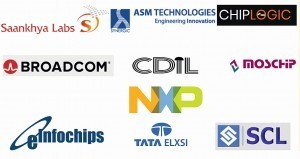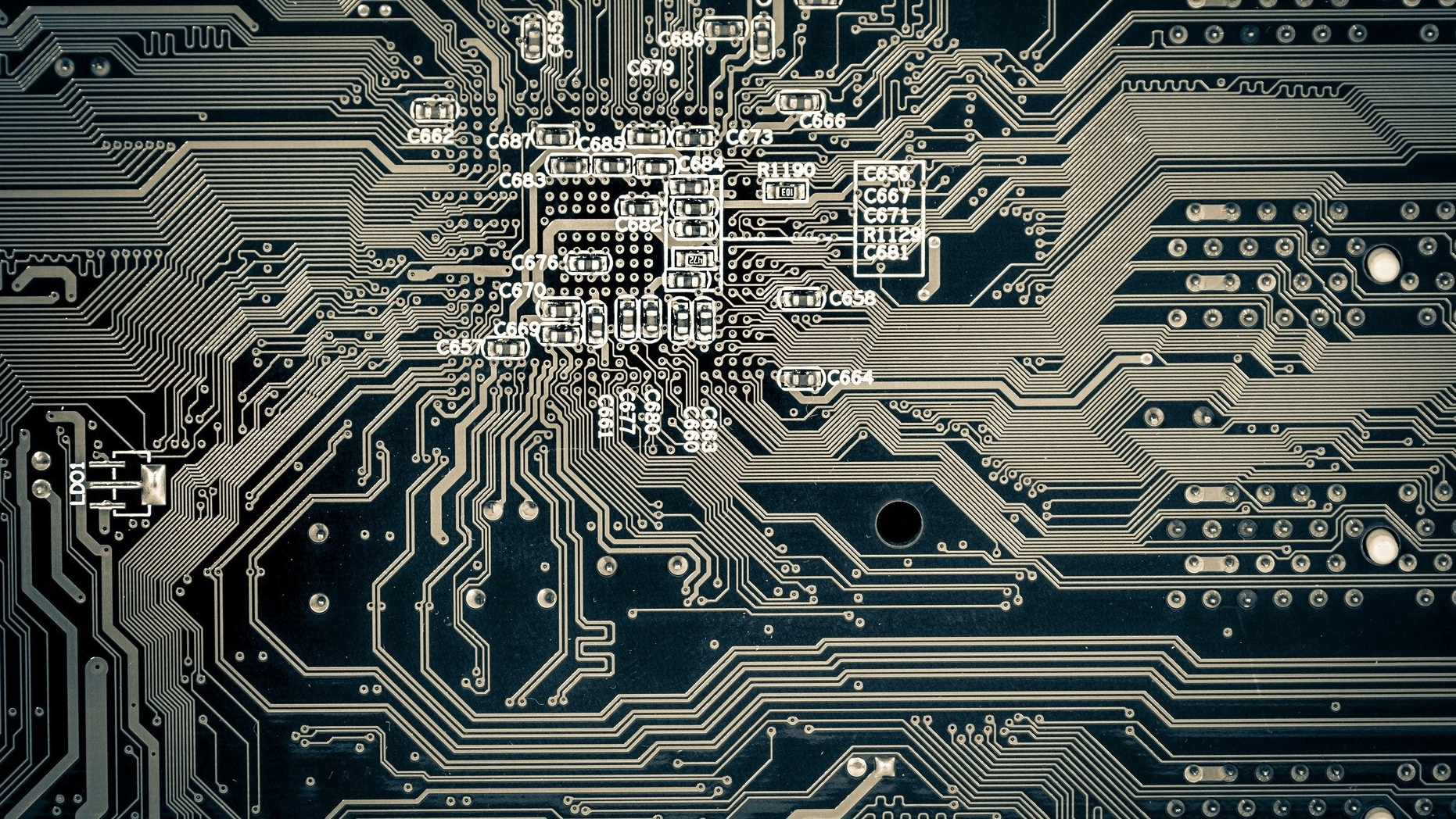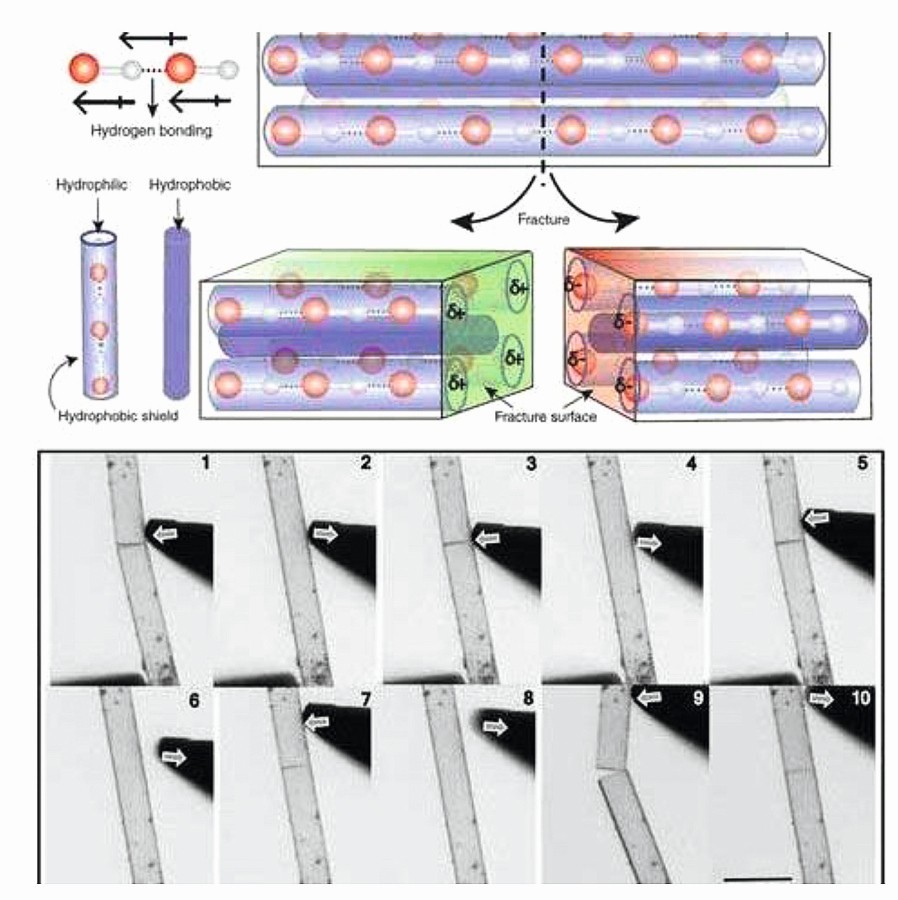Semiconductor production in India
The Covid-19 pandemic, which has been going on for a year and a half, is leaving its lasting mark on all areas - business, politics and society. Here, the name of China comes up again and again - be it the unknown origin of the pandemic, supply chain management or the availability of critical raw materials that are almost exclusively sourced in China.
 Current chip manufacturers in India As the way of life increasingly relies on microelectronics, there are concerns about the oligopolistic structure of the semiconductor industry. Although most of the chip manufacturing is done in Taiwan, Japan and South Korea, many industries are experiencing supply bottlenecks. Not least, the Indian automotive industry is suffering as a result. In India, Renault, Nissan and Maruti Suzuki have already scaled back their production targets for the coming months. On a positive note, the Tatas Group has announced that it will invest billions in chip production. Production is expected to be located in the state of Tamil Nadu, where there are many car manufacturers. Meanwhile, Tatas will soon start producing 5G telecom equipment. The Indian government is acting with foresight here.
Current chip manufacturers in India As the way of life increasingly relies on microelectronics, there are concerns about the oligopolistic structure of the semiconductor industry. Although most of the chip manufacturing is done in Taiwan, Japan and South Korea, many industries are experiencing supply bottlenecks. Not least, the Indian automotive industry is suffering as a result. In India, Renault, Nissan and Maruti Suzuki have already scaled back their production targets for the coming months. On a positive note, the Tatas Group has announced that it will invest billions in chip production. Production is expected to be located in the state of Tamil Nadu, where there are many car manufacturers. Meanwhile, Tatas will soon start producing 5G telecom equipment. The Indian government is acting with foresight here.
Self-healing piezoelectric crystals
The charge accumulated due to stress plays an important role in the healing of natural tissue after injury. In synthetic materials, which are typically soft and amorphous, self-healing only begins after external stimulation.
 Crack healing in a large single crystal Piezoelectric crystals are known for their ability to generate electricity when subjected to mechanical impact. In a collaboration between IISER Kolkata, IIT Kharagpur and RWTH Aachen University, scientists have developed a method for self-healing in piezoelectric bipyrazole organic molecular crystals. These molecular crystals are able to recombine and heal after a mechanical fracture - without external intervention. Healing takes place autonomously in milliseconds with crystallographic precision. The electrical charge at the crack junction leads to an attraction by the damaged parts and at the same time to a highly accurate, autonomous repair. The authors believe that such self-healing materials with perfect internal arrangement can be used to fabricate mechanical energy harvesting devices, in microrobotics, for high-end microchips, sensors and more.
Crack healing in a large single crystal Piezoelectric crystals are known for their ability to generate electricity when subjected to mechanical impact. In a collaboration between IISER Kolkata, IIT Kharagpur and RWTH Aachen University, scientists have developed a method for self-healing in piezoelectric bipyrazole organic molecular crystals. These molecular crystals are able to recombine and heal after a mechanical fracture - without external intervention. Healing takes place autonomously in milliseconds with crystallographic precision. The electrical charge at the crack junction leads to an attraction by the damaged parts and at the same time to a highly accurate, autonomous repair. The authors believe that such self-healing materials with perfect internal arrangement can be used to fabricate mechanical energy harvesting devices, in microrobotics, for high-end microchips, sensors and more.
Science 2021, 373, 6552, pp. 321-327
Wastewater discharge
There are still companies in the surface technology sector in India that do not comply with the legal regulations and simply discharge their wastewater into the sewer system without proper pre-treatment. Many non-profit wastewater treatment plants do not work as they should. In the "bicycle city" of India, Ludhiana, the authorities had to fine electroplating companies heavily again.
The American Environmental Working Group has announced in a report that around 30,000 factories have been newly identified as likely to be discharging the so-called "forever chemicals" PFAS. This includes around 4700 electroplating companies. This means that the number of PFAS released was estimated to be twelve times higher.
https:// www.ewg.org/news-insights/news-release/2021/07/twelvefold-increase-suspected-industrial-dischargers-forever
Miscellaneous
The Taiwanese surface technology company Superior Plating Technology has founded a joint venture company with Amulaire Thermal Technology and Evergreen Aviation under the name Ever Superior Tech to electroplate thermal modules for electric vehicles and airplanes.
https:// www.digitimes.com/news/a20210722PD203.html



